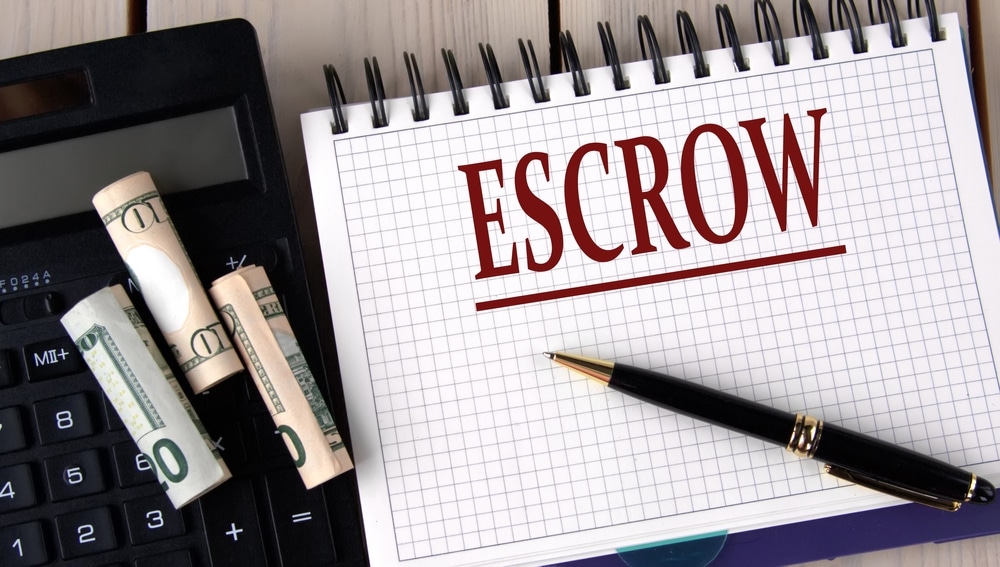Escrow Account Misuse
Lender takes escrow account funds to make last mortgage payment instead of refunding to homeowners
Q: Our local paper published your letter from the folks who had to send a certified check for their final mortgage payment after 30 years of monthly payments. We experienced an unexpected final payment on our mortgage as well.
What is escrow account misuse?
We had paid our next-to-last payment to the mortgage company. Shortly before our final payment was due, we logged into the website to verify the final payoff amount. We were surprised to see that our mortgage was fully paid. According to the statements we received, we should have owed nearly $400 in a final payment.
We called our lender. When we reached a live person at the mortgage company call center, we were informed that they had taken our escrow balance and used it to liquidate our remaining balance. After pressing the representative further, they admitted this resulted in them having more of our money than was needed for the final payment. They agreed they would need to send us a refund of that balance and then it would be up to us to handle the upcoming payment of real estate taxes for which they had been holding the escrow dollars.
How should an escrow account be used?
Is it normal practice for mortgage companies to use escrow amounts this way (and not inform their customers they are doing it)?
A: No. We certainly do not think it’s normal for a mortgage company to take funds out of the escrow account to make the final payment on a mortgage. Perhaps if you had called your lender and made a special request to use those funds for your final payment, we could imagine how they might comply with that request.
Lenders shouldn’t misuse escrow account
We suspect, however, if our readers actually called a lender and asked them to do that, the lender would say that their guidelines prohibit them from using escrow funds for any reason other than to pay real estate taxes and home insurance premiums.
When you took out your loan, your lender likely required you to agree to setting up an escrow account for the payment of real estate taxes. They might have required a separate escrow to pay insurance premiums. Why do the lenders require these escrows?
Your property secures your loan. It’s the collateral. If you stop making your payments, your loan documents give your lender the right to take your property in lieu of repaying the mortgage in full. Mortgage lenders want to protect their collateral and make sure the home has homeowners insurance in place at all times. Likewise, the lender wants to make sure that the real estate taxes on the home are paid up to date.
Escrow account should be used to pay real estate taxes and insurance premiums
When you closed on your loan, you likely signed a mortgage document that was approved by Fannie Mae and Freddie Mac. That mortgage allows the lender to collect funds from you for the payment of “Escrow Items,” which are generally taxes and insurance premiums. As a result, each month, the lender takes some of your monthly mortgage payment and stashes it in the escrow. When the tax and insurance bills come due, the lender has the cash on hand to pay those bills.
Lenders, or their mortgage servicing companies, are only allowed by law to collect the full amount they need to pay those bills plus a little cushion. But, sometimes lenders collect more money than they need. If they do, they’re supposed to return that excess cash to you.
Life goes on for 15 or 30 years, as you slowly pay your way to the end of the loan term. What happens next? Are lenders wondering after a significant number of on-time payments whether your final payment will clear? Have their processes changed where they feel more comfortable in processing that last payment from a source of funds that’s secure because the bank already has it in the escrow account? Is that why lenders require borrowers to send in their last payment by wire transfer or other non-traditional payment methods?
Lender should close escrow account when mortgage is paid off
Fannie Mae’s and Freddie Mac’s standard mortgage provides that a borrower only needs to pay in the following ways:
- Wire transfer
- Electronic funds transfer
- Money order
- Certified check
- Bank check
- Treasurer’s check
- Cashier’s check, when the borrower has bounced a prior check.
It appears that some lenders are either not following the loan docs or have changed the terms for some reason.
In the end, you paid off your mortgage and got your excess money back. But you shouldn’t have had to work so hard to find out how the lender used your escrow account or that they were holding cash they should have returned to you after the mortgage was paid off.
Suspect escrow account misuse? Contact your lender
Most borrowers have their lenders pay their insurance premiums and real estate tax bills. When you pay off your loan, you must remember to pay those bills going forward. Make sure those bills come to you directly. When you get the bills, pay them on time and in full. This protect the full value of your equity.
RESPA is the law enacted by Congress that regulates federally related mortgage loans. We wonder if any of our readers have more experience with the Real Estate Settlement and Procedures Act (RESPA). Can you comment on what some of our readers are experiencing?
Read more about escrow accounts:
©2023 by Ilyce Glink and Samuel J. Tamkin. Distributed by Tribune Content Agency. A1615







Leave A Comment